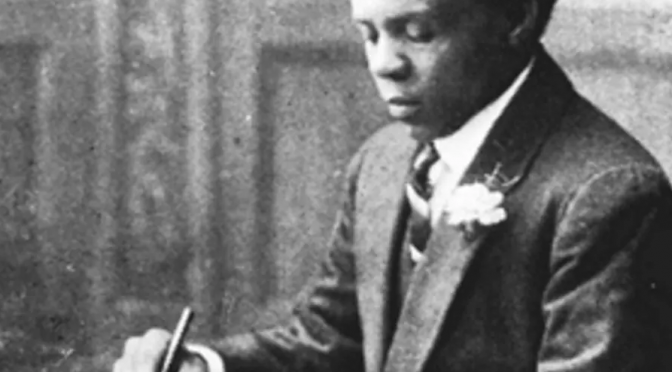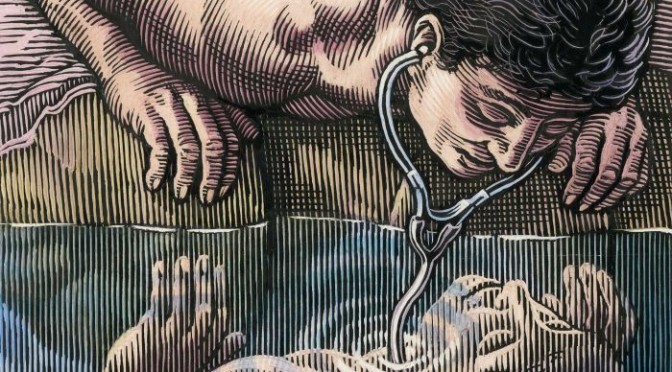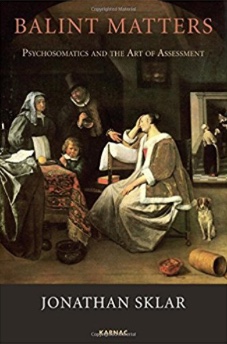by Gordon McMullan, Professor of English at King’s College London and Director of the London Shakespeare Centre
A little over a century ago, King’s English professor Israel (later Sir Israel) Gollancz –medievalist, Shakespearean and founding member of the British Academy – published a substantive commemorative volume to mark the Shakespeare Tercentenary of 1916. Grandly titled A Book of Homage to Shakespeare, it contains a hundred and sixty-six contributions – poems, essays, encomia – reflecting the pre-eminence of Shakespeare’s works in global culture: a poem by Thomas Hardy, a eulogy by John Galsworthy, a humorous ‘vision’ by Rudyard Kipling, a poem by a former New Zealand High Commissioner entitled ‘The Dream Imperial’, along with enthusiastic pieces by Shakespeare scholars and politicians from across the world.
Continue reading King’s English and the origins of South African liberation



